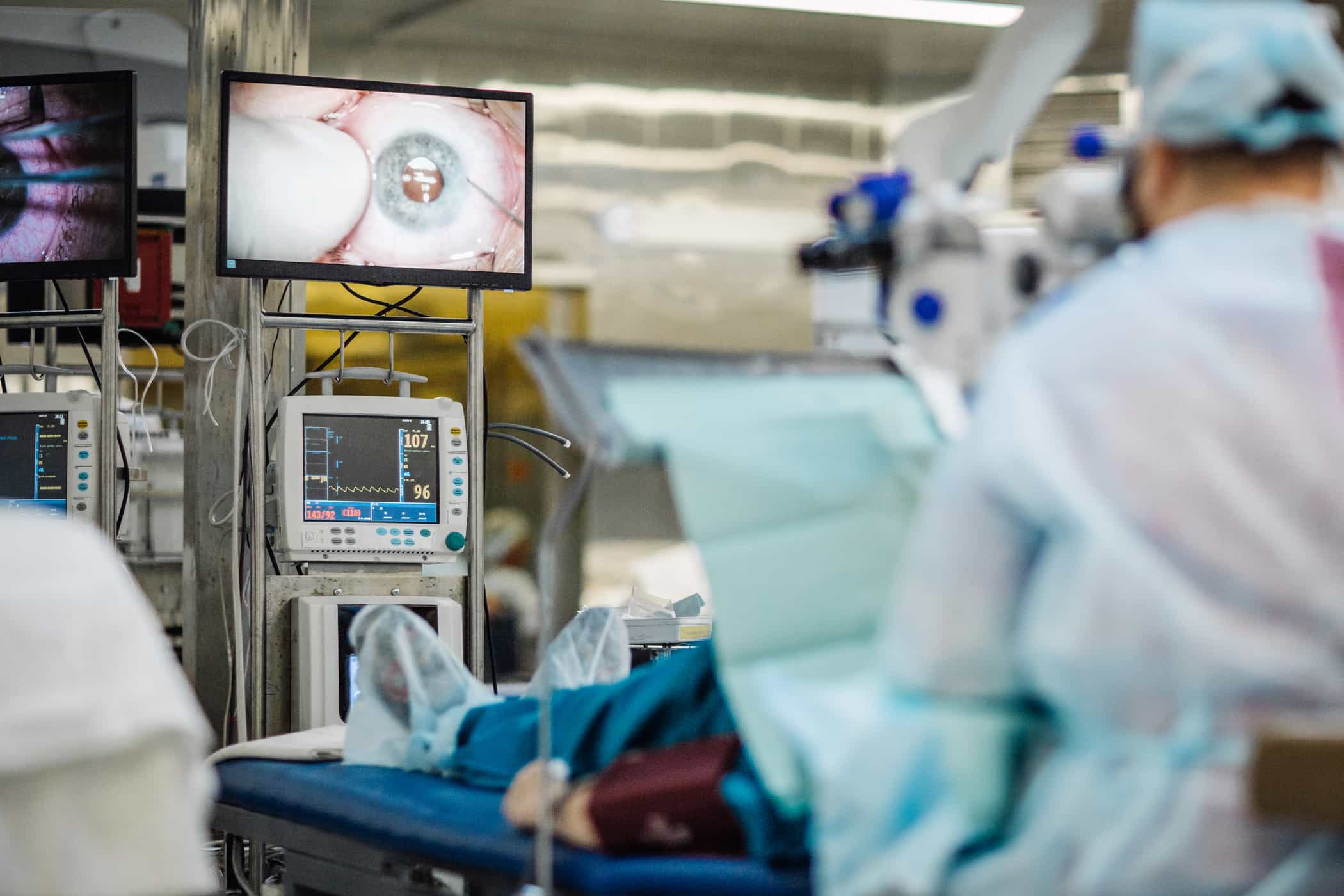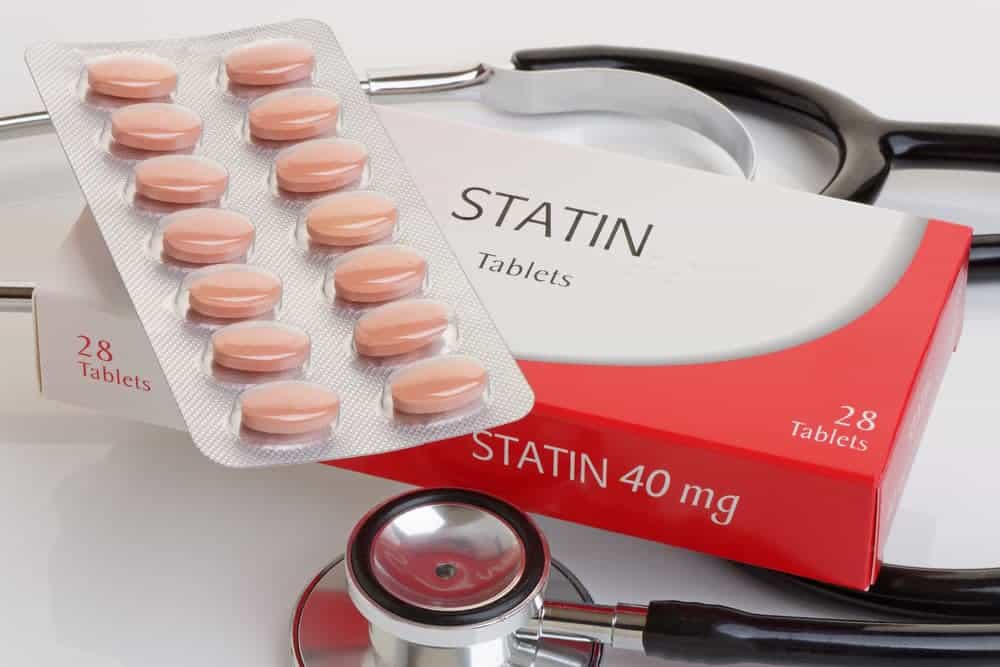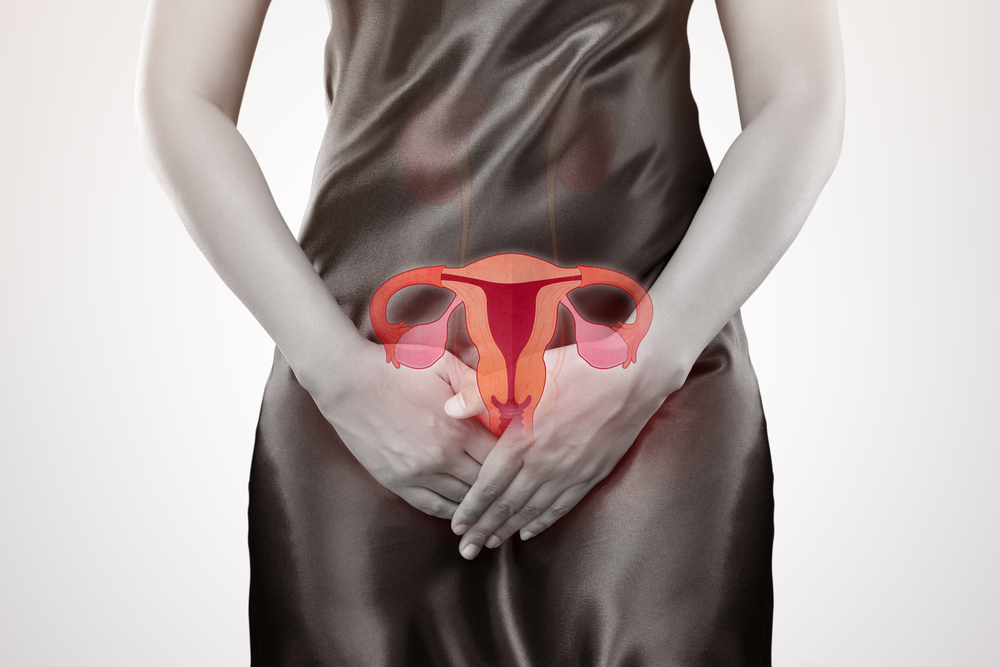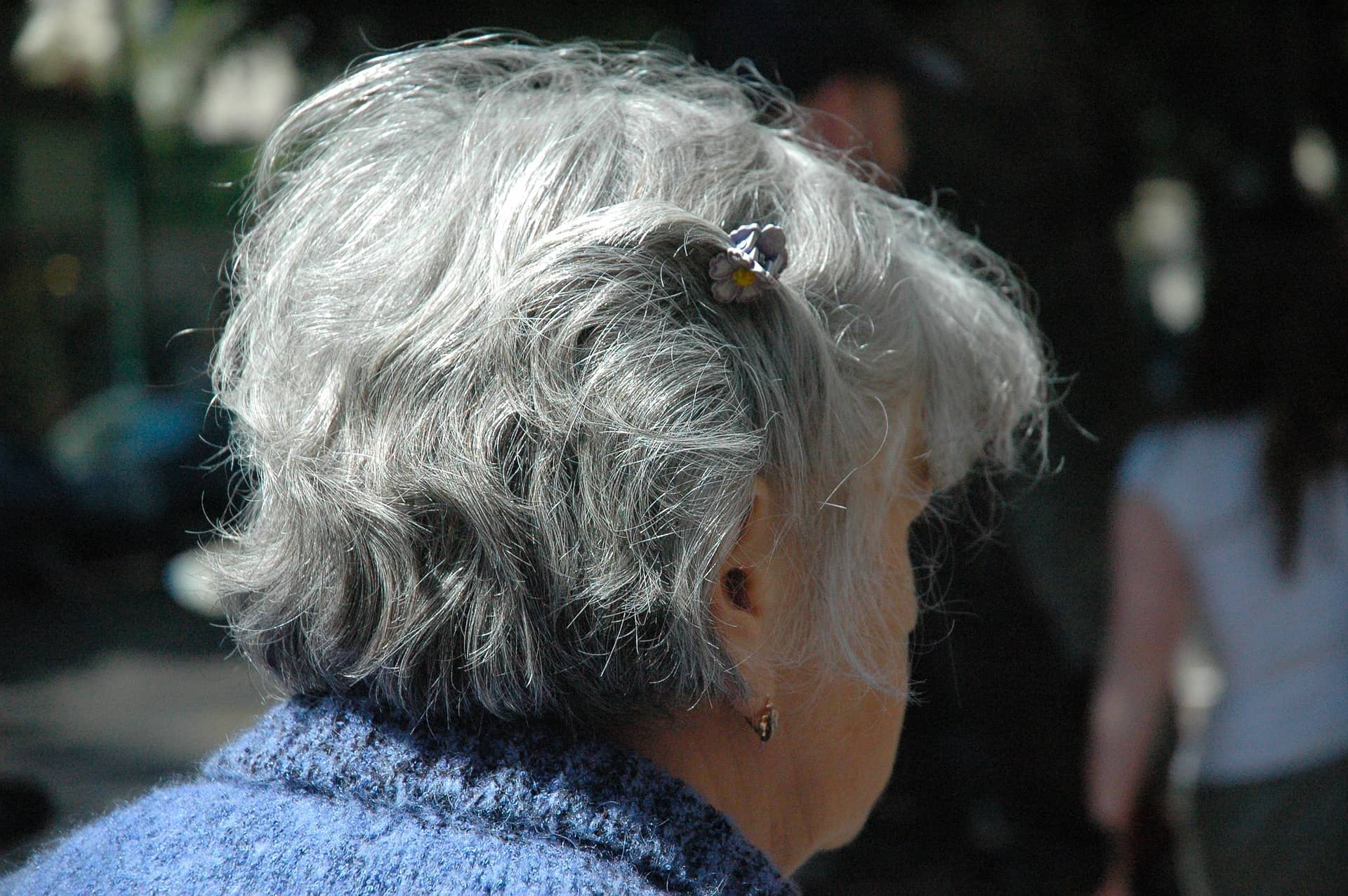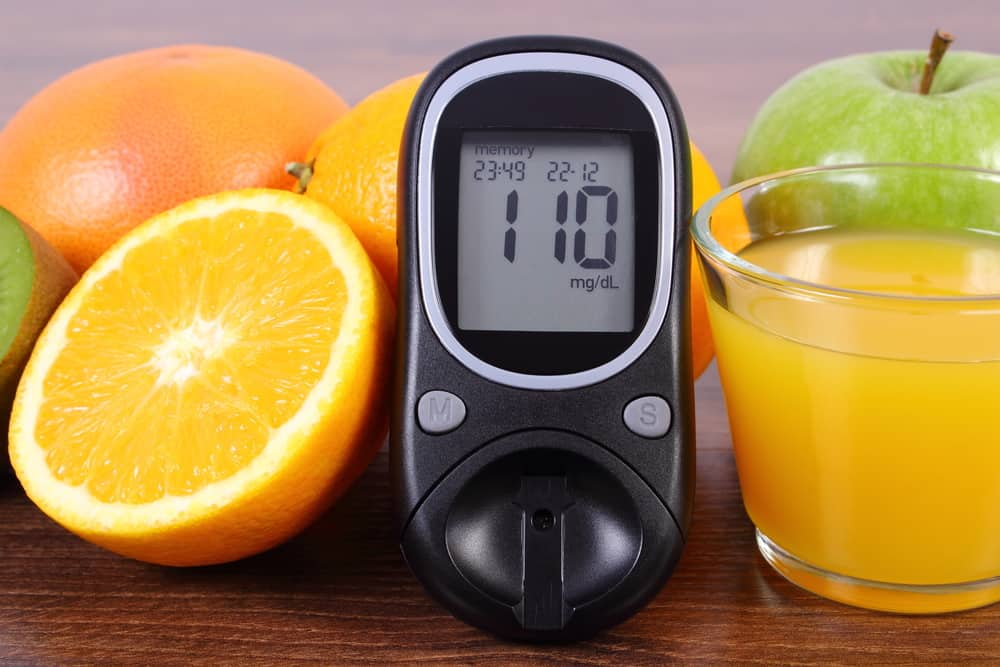Contents:
- Medical Video: Top 5 Food To Avoid With Diabetes
- Hot food has a higher glycemic index
- Overcooked foods have a higher glycemic index
- Diabetics are advised to cool their food first
Medical Video: Top 5 Food To Avoid With Diabetes
People with diabetes must control their food intake properly. False, the food eaten can directly affect blood sugar levels. Sweet foods or foods that contain high carbohydrates can increase blood sugar in the body. What about hot food, can it increase blood sugar levels higher?
Hot food has a higher glycemic index
Before discussing it further, it helps you understand in advance what the glycemic index is. The glycemic index is a measure of the food source of carbohydrates to their effects on blood sugar. Foods with a high glycemic index can increase your blood sugar levels higher after you eat these foods. Meanwhile, foods with a low glycemic index only have a slight effect on your blood sugar levels.
Well, the glycemic index in these foods can be influenced by various factors. One of them is temperature. Foods with high temperatures or hot foods usually have a higher glycemic index than foods that are already cold.
One example is rice. Food sources of carbohydrates have a higher glycemic index when cooked and eaten hot. Therefore, people with diabetes are advised to eat rice yesterday, where the glycemic index has decreased. So, it doesn't affect much blood sugar levels.
Another example is carrots. Carrots have a glycemic index of 20 if served raw. Meanwhile, when the carrots have been boiled, the glycemic index rises to 50. This is because the boiled carrots will be absorbed more easily by the body than raw carrots. So, the impact on blood sugar levels is greater.
Overcooked foods have a higher glycemic index
The glycemic index in food increases with the level of food maturity. Very cooked food (overcooked) has a higher glycemic index than the right level of maturity.
For example, spaghetti boiled for 10-15 minutes until its maturity has a glycemic index of 44. Meanwhile, spaghetti is boiled for 20 minutes or overcooked has a glycemic index of 64. The more mature the food is, the easier the food is digested, the easier it will be for your blood sugar levels to increase after eating.
Diabetics are advised to cool their food first
As explained above, hot food turns out to have a higher glycemic index, which has a greater effect on your blood sugar levels. Therefore, many people suggest that people with diabetes should eat foods that are already cold.
The temperature of food turns out to affect how the body digests the food and affects your blood sugar levels. A study published in the Journal of the Diabetic Association in 2005 has proven this in potatoes.
Researchers found that raw potatoes had a lower glycemic index than boiled potatoes. In addition, the researchers also found that potatoes eaten under cold conditions had a lower glycemic index (equal to 56) than ripe potatoes which were eaten still hot (with a glycemic index 89).


